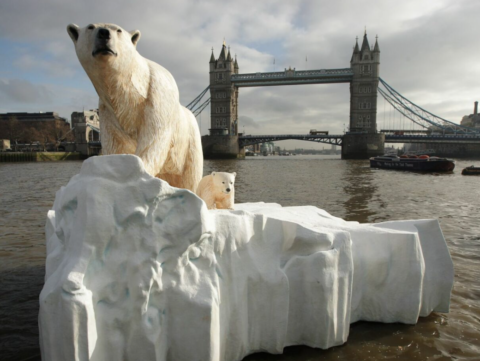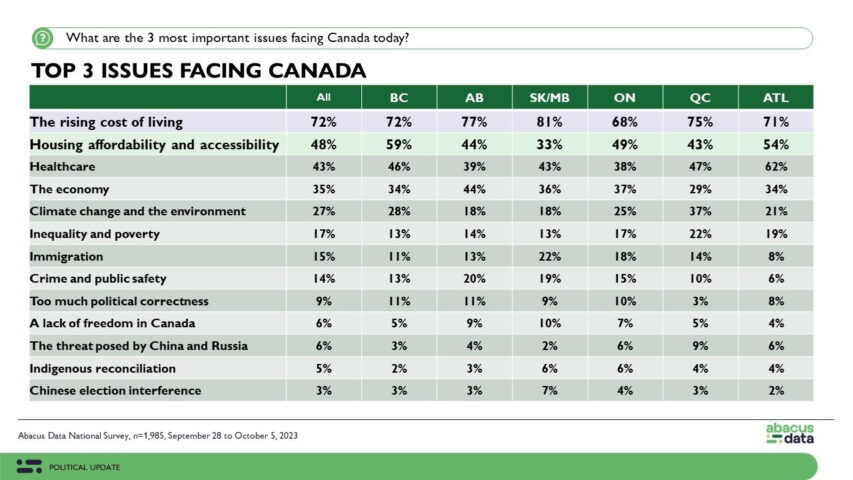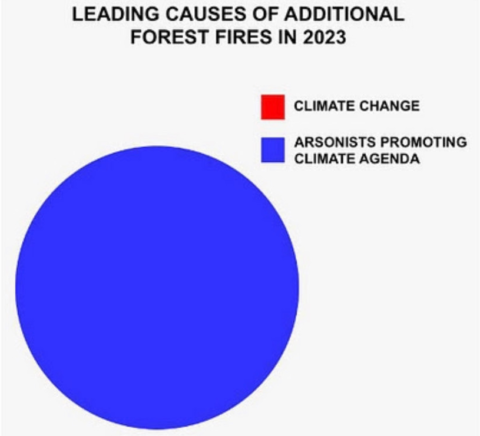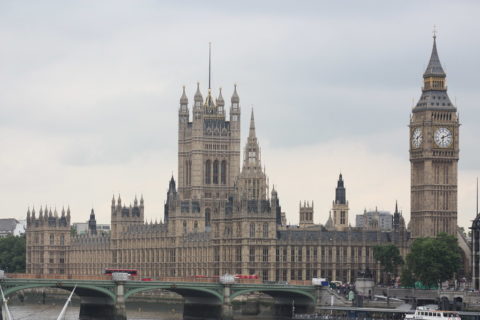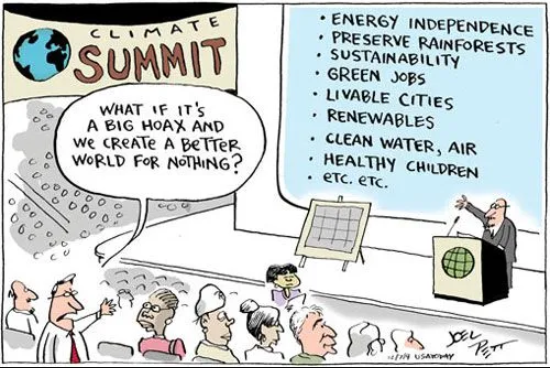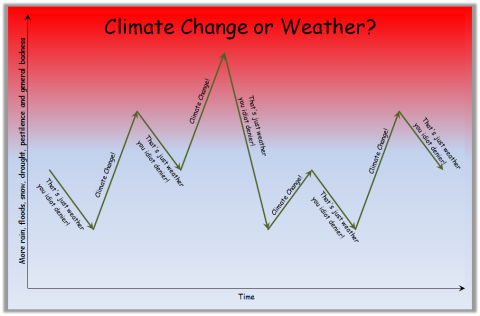eugyppius on the German federal government’s latest brainstorm to achieve their mandated emissions targets:
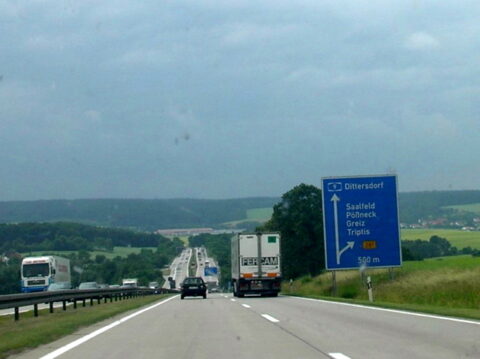
“Old Autobahn” by en:User:DF08 is licensed under CC BY-SA 3.0 .
… despite the headlines, they are not going to take away our cars. Amazingly, not even the Greens want to do that. For once the story is not about German authoritarianism, or woke insanity or anything like that. Rather, it’s about how nobody can really bring himself to care about the climate anymore – not even our forward-thinking, progressively minded, environmentally responsible political establishment.
For the backstory, we must go all the way back to the pre-Covid era, when aggressive climate legislation was popular even with centre-right CDU voters, and before the electorate had a taste of what Green policies like the draconian home heating ordinances really feel like on the ground.
Back in those halcyon days, when the child saint Greta Thunberg was cutting class to save the earth, Angela Merkel’s government passed the Climate Protection Act. The law mandates a 65% reduction in CO2 emissions compared to 1990 levels by 2030, an 88% reduction by 2040, and an utterly unrealisable carbon neutrality by 2045. In the near term, the Climate Protection Act also establishes maximum annual emissions levels for various economic sectors. Should a given sector exceed its maximum, the responsible Ministry must submit an ominous “action programme” to bring things back on target.
The Climate Protection Act is archetypal climate nonsense. Politicians like to take credit for Doing Something about the climate, but because Doing Something amounts to massive economic restrictions and drastic interventions in daily life, they would prefer not to Do that Something themselves. Far better is to pass legislation committing future governments to Do Something and let them deal with the mess. Then you can reap the short-term rewards of being tough on carbon emissions, without bearing direct responsibility for all the chaos that actually being tough on carbon emissions would unleash. Alas, time marches forwards at a steady pace. I am sure that 2030 sounded like an unimaginably distant date when it was floated at the Paris Accords in 2015, but now it is a mere six years away. That is becoming a big, big problem for the climatists.
You could say that Merkel’s Climate Protection Act bequeathed the hapless Scholz government a small collection of ticking time bombs, which they’ve developed a considerable interest in defusing. One way to do this, is to revise the Climate Protection Act and remove its strict sector-based emissions limits before anybody is forced to field a climate-saving “action programme”. In the meantime, they’ve been studiously ignoring the requirements, which is why our Minister of Economic Destruction Robert Habeck could be found complaining back in June that no cabinet ministers were complying with Climate Protection Act emissions limits.

